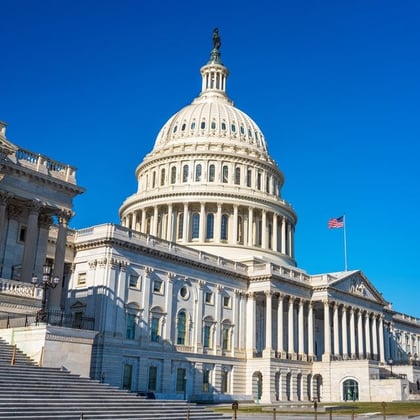What You Need to Know
- The College Savings Recovery Act would allow rollovers of unused education savings without a tax penalty.
Sens. Richard Burr, R-N.C., and Bob Casey, D-Penn., have introduced the College Savings Recovery Act, legislation to allow for special rollovers to Roth IRAs from long-term qualified tuition programs without a penalty.
The College Savings Recovery Act, introduced Tuesday, was originally included as part of Burr’s Boost Savings for College Act in 2017 and “would give families greater control over their own savings,” he said.
The bill, S. 4440, allows rollovers from a 529 plan into a Roth IRA without being penalized.
Families can contribute to 529 plans to invest for future education expenses. Withdrawals are tax-free when used to cover qualified education expenses like tuition, fees, books, and room and board. More than 30 states offer their own deductions and credits for using the plans, according to Savingforcollege.com.









 June 17, 2022 at 01:41 PM
June 17, 2022 at 01:41 PM










